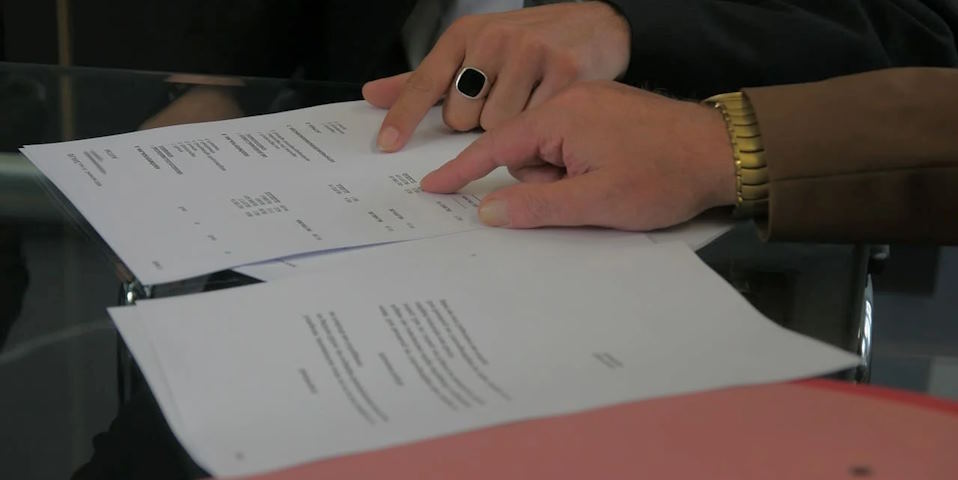
Navigating Wedding Vendor Contracts
Your wedding day is one of the most important and cherished moments in your life. It’s a celebration of love, commitment, and the beginning of a beautiful journey together. To ensure that this momentous occasion unfolds seamlessly, you’ve likely enlisted the services of various wedding vendors, from photographers and florists to caterers and musicians. While these professionals play a crucial role in making your dream wedding a reality, it’s imperative to safeguard your interests and expectations. This is where wedding vendor contracts come into play.
Protecting Your Interests
When it comes to wedding vendor contracts, the devil is often in the details, and it’s crucial to protect your interests. Here’s a closer look at how to safeguard your special day:
Understanding Legal Jargon and Terms
Contracts can be laden with legal jargon that might seem intimidating, but taking the time to understand them is essential. Don’t hesitate to ask for clarification if something is unclear. It’s not just about reading the contract; it’s about comprehending it. When you know precisely what you’re agreeing to, you’re better equipped to enforce the terms should any issues arise.
Inclusion of Force Majeure Clauses
In the unpredictable world we live in, it’s wise to include a force majeure clause in your contracts. This provision addresses unforeseeable events, such as natural disasters or pandemics, which may affect the ability to deliver services. Having a well-defined force majeure clause can help navigate unexpected disruptions while protecting your financial investment.
Deposits, Payment Schedules, and Final Payments
Contracts should clearly outline deposit amounts, payment schedules, and the final payment date. Understand these financial aspects to prevent any surprises or disagreements down the road. Additionally, ensure there’s a receipt or record of all payments made.

Reviewing the Fine Print
When it comes to wedding vendor contracts, overlooking the fine print can be a costly mistake. Let’s explore the crucial steps you should take in this critical phase of contract management:
The Importance of Reading Every Line
It cannot be stressed enough – read every line of the contract. This is not the time to skim or skip over sections. Contracts are designed to protect both parties, but you can’t benefit from this protection if you don’t understand what you’re agreeing to. The fine print often contains specific terms and conditions that might significantly impact your wedding plans.
Seeking Legal Counsel If Needed
If you encounter complex legal terms or intricate clauses, it might be in your best interest to consult with an attorney who specializes in contract law. They can help you decipher the legalese and ensure that the contract aligns with your best interests. While this may incur an additional cost, it can prevent potential pitfalls down the line.
Negotiating Changes and Amendments
Don’t be afraid to negotiate. If certain clauses or terms don’t align with your vision, discuss them with the vendor. Many vendors are willing to make reasonable adjustments to ensure your satisfaction. It’s far better to address these concerns before signing rather than after a dispute arises.

Handling Disputes and Disagreements
No one wants to think about disputes or disagreements when planning their dream wedding, but preparing for the unexpected can save you stress and heartache. Here’s how to address these concerns in your wedding vendor contracts:
Mediation and Arbitration Clauses
Many contracts include mediation and arbitration clauses to resolve disputes. Mediation involves a neutral third party helping the parties find common ground. Arbitration, on the other hand, is a more formal process in which an arbitrator makes a binding decision. These clauses can streamline conflict resolution and prevent costly court battles, making them worth considering.
Documenting Changes and Agreements in Writing
When you and your vendor make changes or reach new agreements, document them in writing and have both parties sign off on them. This ensures that there’s a clear record of any alterations, which can be vital in case of a dispute.
Understanding Cancellation and Rescheduling Policies
Life can be unpredictable, and sometimes you may need to cancel or reschedule your wedding. Your contract should clearly outline the policies and penalties associated with these scenarios. Knowing the implications beforehand can help you make informed decisions and prevent unwelcome surprises.
